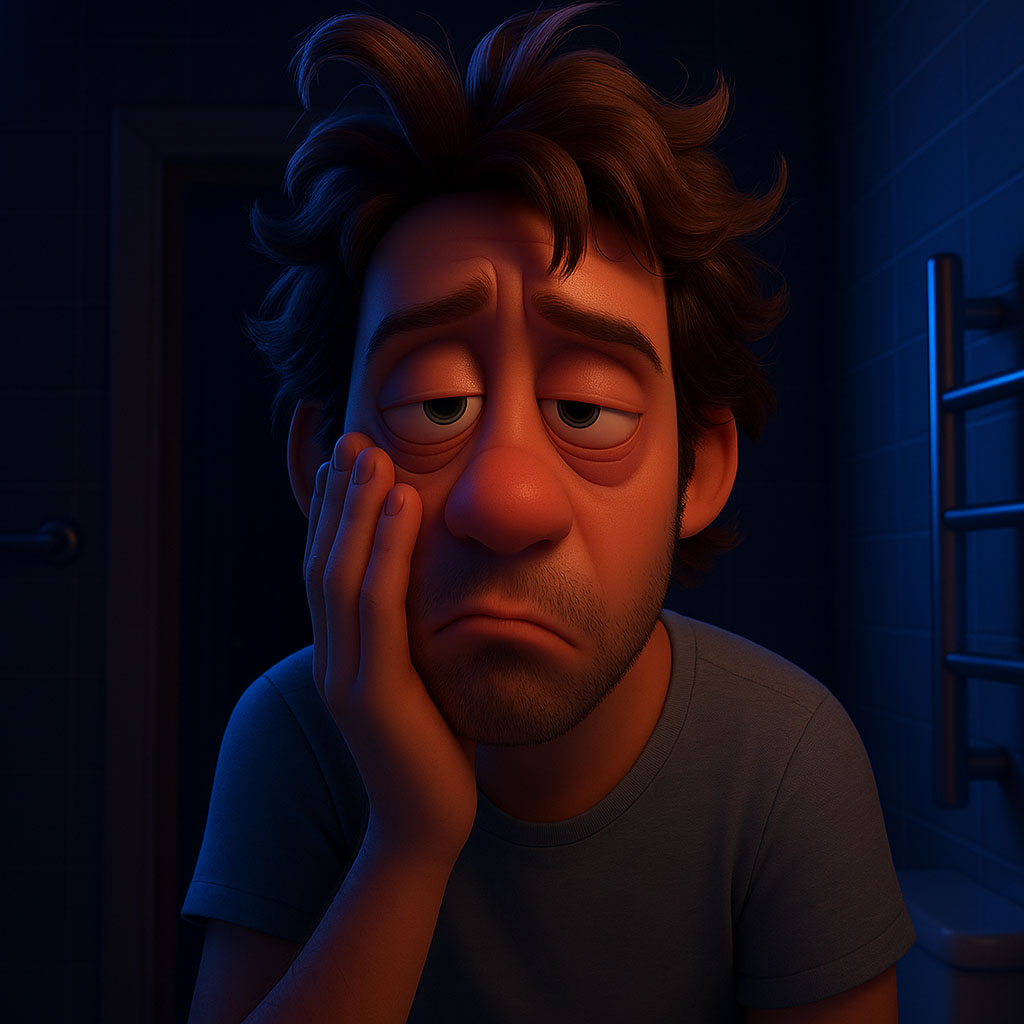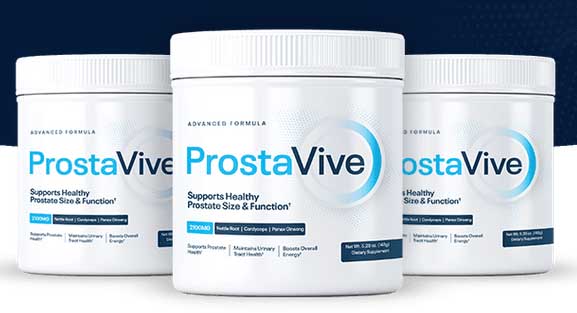We’re diving into the glamorous world of nighttime pee problems. That’s right—today we’re talking about Nocturia and the enlarged prostate (also known as BPH, or benign prostatic hyperplasia, which sounds less like a medical condition and more like a Latin spell you’d hear in a Harry Potter movie).
We’re gonna explore the difference between these two pee-related party crashers, why your bladder is waking you up at 3:00 a.m. like an over-caffeinated toddler, and how your prostate—this little chestnut-sized organ—is somehow calling the shots like it’s the CEO of your urinary system.
And because life is already too short to read boring medical essays, we’re doing it at pace.
Let’s go.
Meet the Bladder and the Prostate—The Odd Couple
So first, let’s introduce the main characters of this urological buddy comedy.
- The Bladder: It’s like your body’s water balloon. A squishy, muscular bag that holds your pee. Super glamorous.
- The Prostate: This is a tiny gland, shaped like a walnut and just as emotionally unavailable. It sits below your bladder and wraps around your urethra (aka the pee straw).
Now here’s the twist: the prostate is not part of the bladder, and yet it insists on getting involved in all its business. Like that one coworker who doesn’t understand boundaries.
Nocturia—The Nighttime Interrupter
Nocturia is a fancy Greek word that means, “Hey, let’s ruin your sleep by forcing you to get up and pee… multiple times.”
It’s not a disease. It’s a symptom. Like a red flag waving from your bladder saying, “Something’s up, and it’s wet.”
Symptoms of Nocturia:
- Waking up one or more times during the night to urinate.
- Feeling like you’ve peed more than you’ve slept.
- Having deep existential thoughts at 2:47 a.m. in your bathroom mirror.
Nocturia can be caused by all sorts of things:
- Drinking too much water (or wine, or whiskey) before bed.
- Diabetes.
- Sleep apnea (yes, not breathing at night can make you pee—because apparently your body just likes to multitask).
- Heart failure (your body redistributes fluid while lying down—super neat, super annoying).
- And yes, our old friend… the enlarged prostate.
See that? We just connected the dots. Let’s dive deeper.
Enlarged Prostate (BPH)—The Urethral Choker
BPH is what happens when your prostate gets tired of being ignored and decides to throw a midlife crisis.
This gland slowly starts growing with age. Not in a cool, “Hey, I’m getting stronger” way. More like, “Hey, I’m going to pinch your urethra and mess with your entire bathroom routine.”
Symptoms of BPH:
- Trouble starting to pee. (It’s like your bladder’s trying to start a 1992 Toyota Corolla in January.)
- Weak stream. (We’re talking lazy garden hose in autumn.)
- Dribbling. (Not the basketball kind.)
- Feeling like you didn’t fully empty your bladder. (Spoiler: you didn’t.)
- And of course, Nocturia. (There it is again, like a clingy ex.)
Now, not every guy with nocturia has BPH. And not every guy with BPH has nocturia. But they do like to hang out together at the “Let’s Annoy the Crap Out of Your Bladder” support group.
So… What’s the Actual Difference?
Let’s break this down like a celebrity breakup statement on Instagram: “We still love each other, but we’ve grown apart.”
- Nocturia is a symptom. It’s what you experience: frequent nighttime urination. It doesn’t care why you’re peeing—it just shows up like an uninvited houseguest.
- BPH is a condition. It’s a structural problem. Your prostate is physically enlarging and obstructing urine flow like a chubby bouncer in your urethra’s nightclub.
Think of it this way:
Nocturia is like your phone ringing at 3 a.m.
BPH is one of the people calling.
But other people could be calling too—diabetes, heart issues, drinking too much chamomile tea, your dog accidentally FaceTiming people again…
How Do Doctors Tell Which Is Nocturia, which is BPH?
So you walk into your doc’s office and say, “Hey Doc, I pee more at night than a Labrador in a rainstorm.” The doc won’t just say, “Ah yes, it’s obviously BPH.” Because medicine is slightly more complicated than Googling your symptoms and panicking.
They’ll probably ask:
- How often do you pee during the day vs night?
- Do you have urgency?
- Is your stream weak or interrupted?
- Do you feel like your bladder fully empties?
Then they might:
- Check your PSA levels (a blood test that looks at prostate-specific antigen—not to be confused with a public service announcement, though both are helpful).
- Do a digital rectal exam (that’s code for “finger in the butt”—it’s awkward, it’s uncomfortable, but it’s quick and necessary).
- Maybe even an ultrasound to see how much pee is hiding in your bladder like a ninja.
Bottom line? Nocturia could be due to prostate problems… or not. Which is why we love diagnostics. And sarcasm. But mostly diagnostics.
The Treatments for Nocturia and BPH—Let’s Fix That Pee Problem
If it’s BPH:
Welcome to the world of prostate chill pills:
- Alpha-blockers: They relax the muscle around your urethra. Think of them as Xanax for your pee tube.
- 5-alpha-reductase inhibitors: These shrink the prostate over time. Basically prostate Weight Watchers.
- Surgery: In more intense cases, doctors can go full handyman and clear the obstruction (TURP is the classic—Transurethral Resection of the Prostate—basically prostate landscaping with a power tool).
If it’s Nocturia without BPH:
Now we’ve got a whole buffet of possibilities:
- Cut back on fluids before bed. I know, that late-night tea feels romantic, but so does sleeping through the night.
- Diuretics in the afternoon: Sounds counterintuitive, but if you take a water pill earlier in the day, you’ll pee more then and less at night.
- Treat sleep apnea: Fix your breathing, fix your bladder. Who knew?
- Medication: These tell your kidneys to take a nap and stop making pee overnight.

When Your Bladder Becomes a Night Owl
Let’s be real. Waking up to pee multiple times a night is not just an inconvenience. It’s a full-blown heist on your sleep, your sanity, and your mood. And like any good heist movie, there’s more than one culprit.
The key takeaway here is: Nocturia is the symptom. BPH is one possible cause. It’s kind of like how sadness is a symptom, and watching the end of The Notebook is one possible cause. But there are others. (Looking at you, onion-cutting ninjas.)
Real Talk—When to See a Doctor
If you’re getting up once a night to pee, welcome to the “slightly annoying but survivable” club. If it’s two or more, and you’re exhausted, cranky, or starting to memorize your bathroom tile patterns in the dark, it’s time to see a doc.
Especially if you also have:
- Pain while peeing
- Blood in your urine
- A stream so weak it’s basically performance art
Because here’s the truth: pee problems don’t get better by ignoring them. They get better with answers. And medication. And sometimes a sympathetic “I feel you, man” from a fellow midnight urinator.
In Conclusion—Listen to Your Bladder
Nocturia and BPH might sound like the world’s worst law firm (“Welcome to Nocturia & BPH: We Specialize in Sleep Deprivation and Urinary Delays”), but they’re actually your body’s way of waving a little flag that says:
“Hey. Something’s going on down here. Pay attention.”
Whether it’s your prostate throwing a tantrum, your kidneys going overboard, or your sleep cycle getting messed up, the goal is the same: Get back to sleeping through the night like a well-hydrated baby angel.
So if your bathroom has become your second bedroom, don’t just curse the darkness. Call a urologist. And maybe… maybe ease up on the chamomile.
Best
Al
PS Want to add to the conversation? Leave a comment below!
